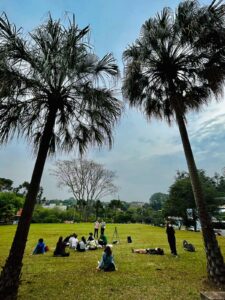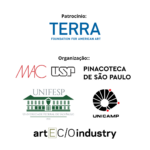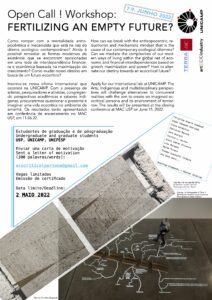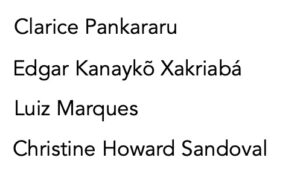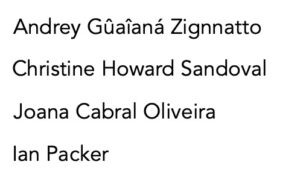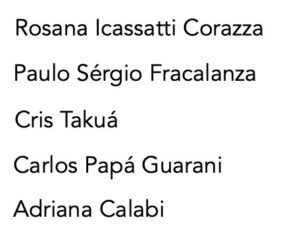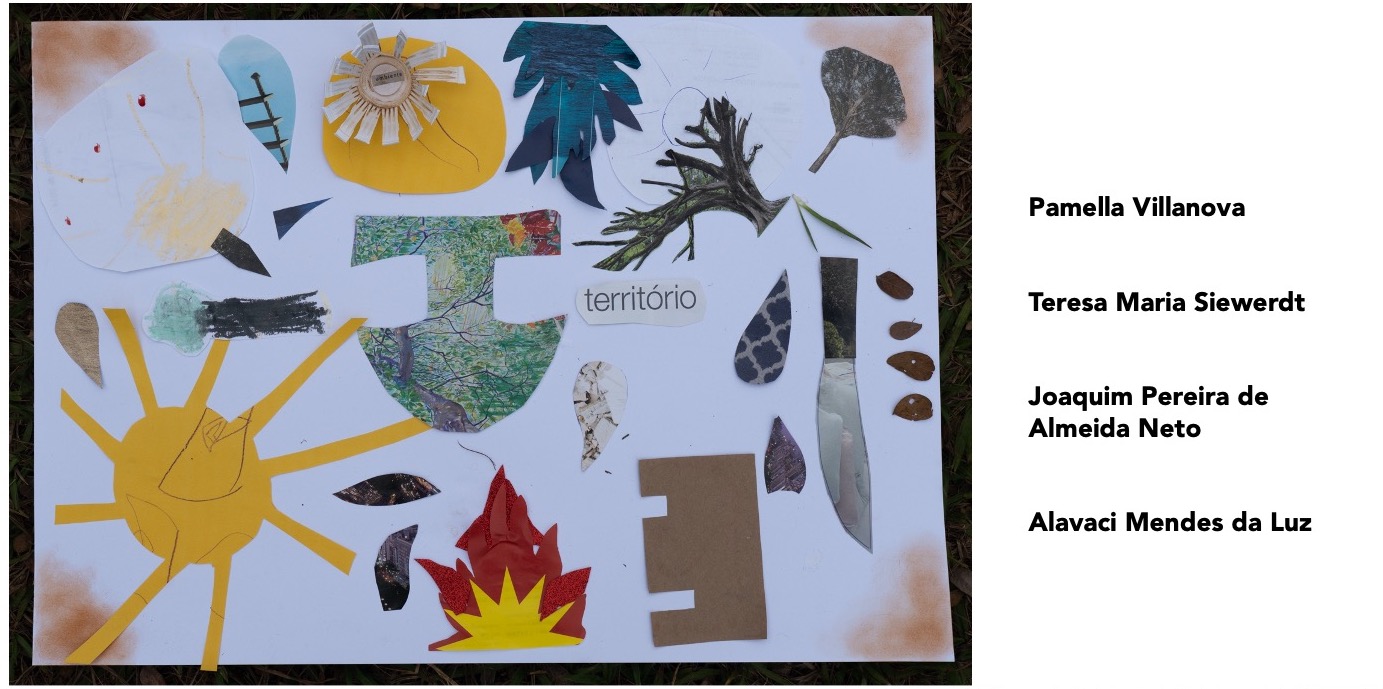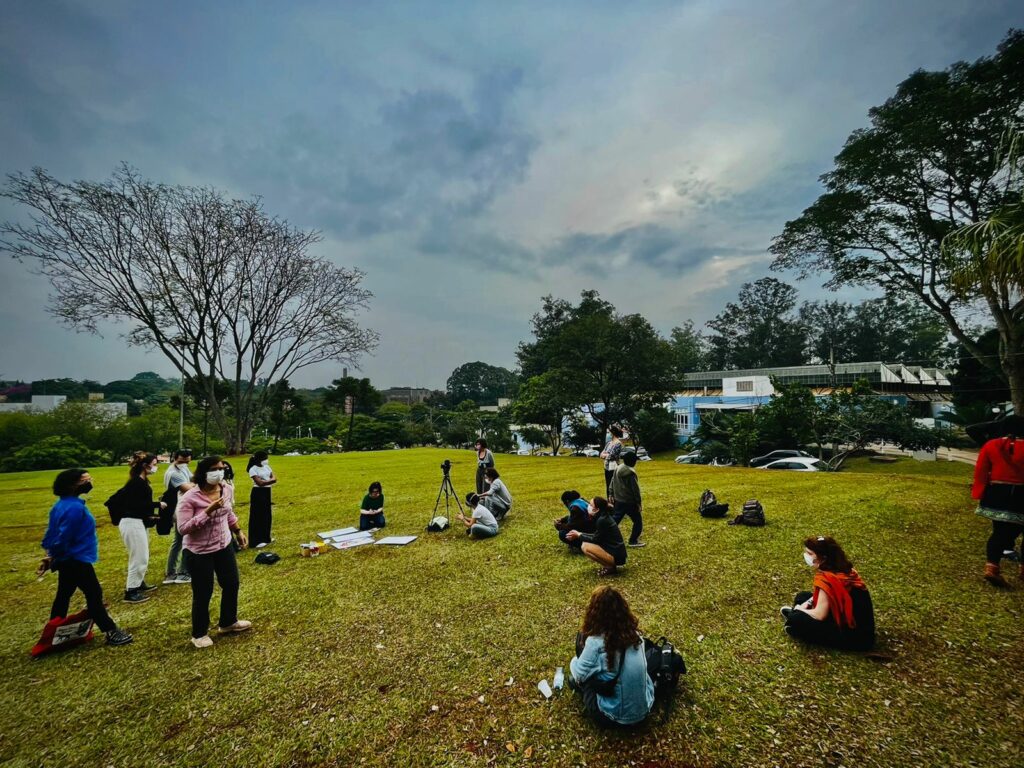
“Fertilizing an Empty Future?” was an experimental interdisciplinary and transcontextual workshop for students of the universities Unicamp, USP and Unifesp, who were selected in an open call. The seminar was held at the Unicamp University in Brazil from June 7-9, 2022.
Dominika (artEC/Oindustry) initiated and conceptualised the workshop that’s main methodology was based on a transformed practice of deep listening in combination with conventional lecture formats and talks. Transcontextual spaces served as the basis for the creation of an ecocritical persona of the future that reflected the participants’ personal perception of the experienced narratives.
Challenging simplifications of the wicked complexities of the climate crises, the workshop thus stepped away from tunnel visions and solutionism (Hulme, 2020)* to broaden systemic thinking and acting. Navigating between corresponding and contradicting knowledges and approaches, the workshop invited a broad range of viewpoints from Indigenous peoples, social and economic sciences, and the arts, with the aim to reveal the value diversity in regards to climate and to raise the awareness for integrative approaches that include sensual and embodied perspectives.
Co-organized by Dominika and Gabriel Ferreira Zacarias (Unicamp), and funded by the TERRA Foundation for American Art, Dominika hosted the seminar with amazing helping hands of students, artists and faculty members in still challenging Covid-19 times (thank you: Fernanda Pitta, Luana Saturnino Tvardovska, Nerian Teixeira de Macedo de Lima, Camila Nader Martins, Joaquim Pereira de Almeida Neto, and Edgar Kanayko Xakriabá).
The workshop and its pluriverse outcomes were presented at the Closing Conference of the same name at MAC USP on June 11, with a talk by Dominika Glogowski and Canada-based artist Christine Howard Sandoval. Christine led an embodied practice during the workshop that raised the awareness for reciprocal sensitivity and relationships. The concluding discussion was mediated by MAC USP’s directress Ana Gonçalves Magalhaes and US-based art historian Jessica L. Horton, who was this year’s visiting professor on Indigenous art at USP.
